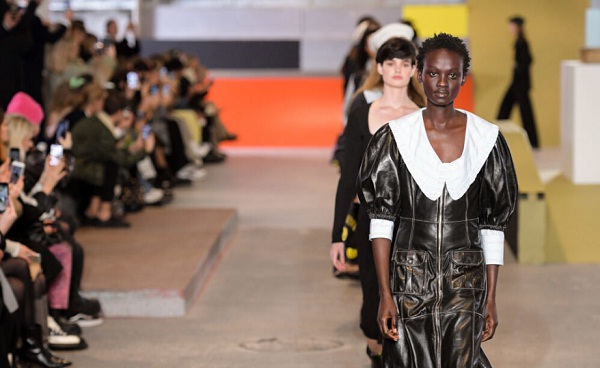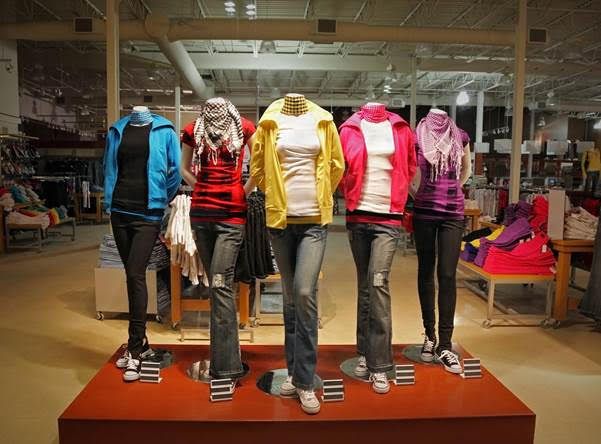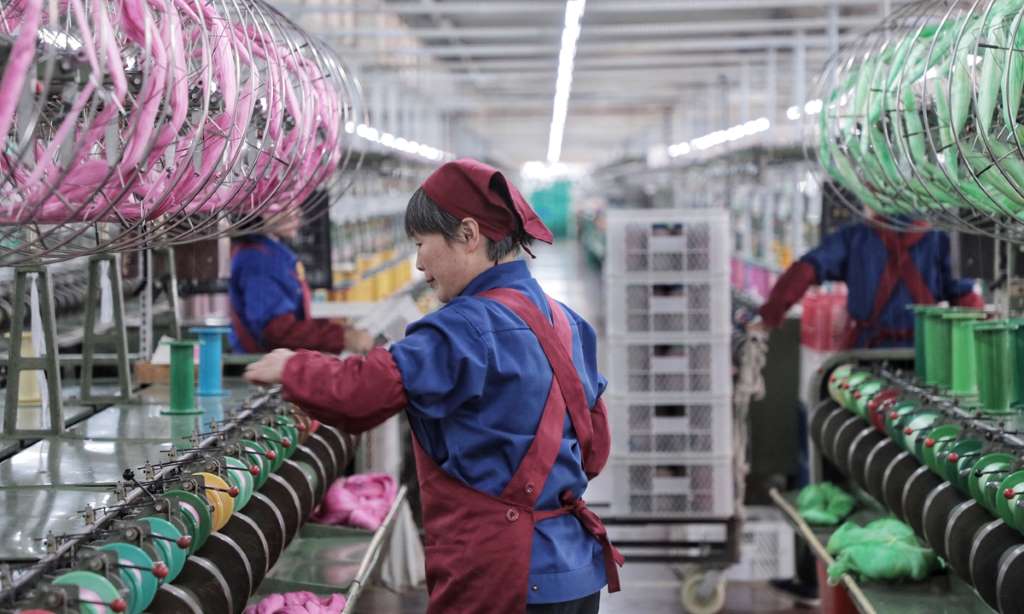
Copenhagen Fashion Week’s second annual report reflects its Action Plan to achieve sustainability targets in 2022. It showcases the organizers’ commitment, challenges and ambitions in living up to its strategy. Copenhagen Fashion Week has been developing its Sustainability Action Plan 2020-2022 since 2019. The plan was finally unveiled on January 28, 2020.
Reducing climate impact by 50 per cent
Titled ‘Reinventing Copenhagen Fashion Week – Reducing negative impacts, innovating our business model and accelerating industry change’ the Sustainability Action Plan 2020-2022 delineates future transformation of the event. In future, the event aims to focus on reducing the industry’s impact on the climate by 50 per cent and reorganizing waste management systems to target zero waste by 2022. It also outlines Copenhagen Fashion Week’s strategies to implement sustainability requirements and set new standards the industry.
Developed in collaboration with Copenhagen Fashion Week’s knowledge partner, In futurum, the plan is monitored by Copenhagen Fashion Week’s Board of Directors and Sustainability Advisory Board that includes industry leaders like Nicolaj Reffstrup, Founder, Ganni’s; Eva Kruse, CEO, Global Fashion Agenda and Clare press, Sustainability Editor, Vogue Australia. Several internationally acknowledged experts including Orsola de Castro, Frashion Revolutions, Professor Dilys Williams, Centre for Sustainable Fashion and Katherine Richardson, Professor, Biological Oceanography reviewed the 2023 Sustainability Requirements presented in the action plan.
Its sustainability potential was determined by the following three factors:
• SDG 12: Responsible consumption and production
• SDG 13: Climate Action
• SDG 17: Partnerships for the goals
Milestones achieved
As per the plan, some of the most significant milestones achieved by the event organizers in the last two years include:
New partnerships: One significant milestone achieved by event organizers in the last two years was new partnerships built around the 2023 Sustainability Requirements. In 2021, Copenhagen Fashion Week formed new partnerships with the trade fair CIFF (Copenhagen International Fashion Fair), the Norwegian Fashion Hub, Oslo Runway and the Icelandic Fashion Council who will all be implementing the 2023 Sustainability Requirements.
Training SMEs: Organizers also selected the requirements of the government-funded program Grøn Genstart, Fremtidens Tekstiler as the framework to train 50 SMEs in the Danish industry to lead to targeted action.
Delivering targets: They also ensured delivery on 19 out of 21 targets. Currently working on meeting their targets from the first Action Plan, organizers also plan to set new targets for 2023-25 and redefine their strategies for the future. They will also continue to pursue international partnerships to amplify the impact of the 2023 Sustainability Requirements and drive change in the industry at a global scale.












